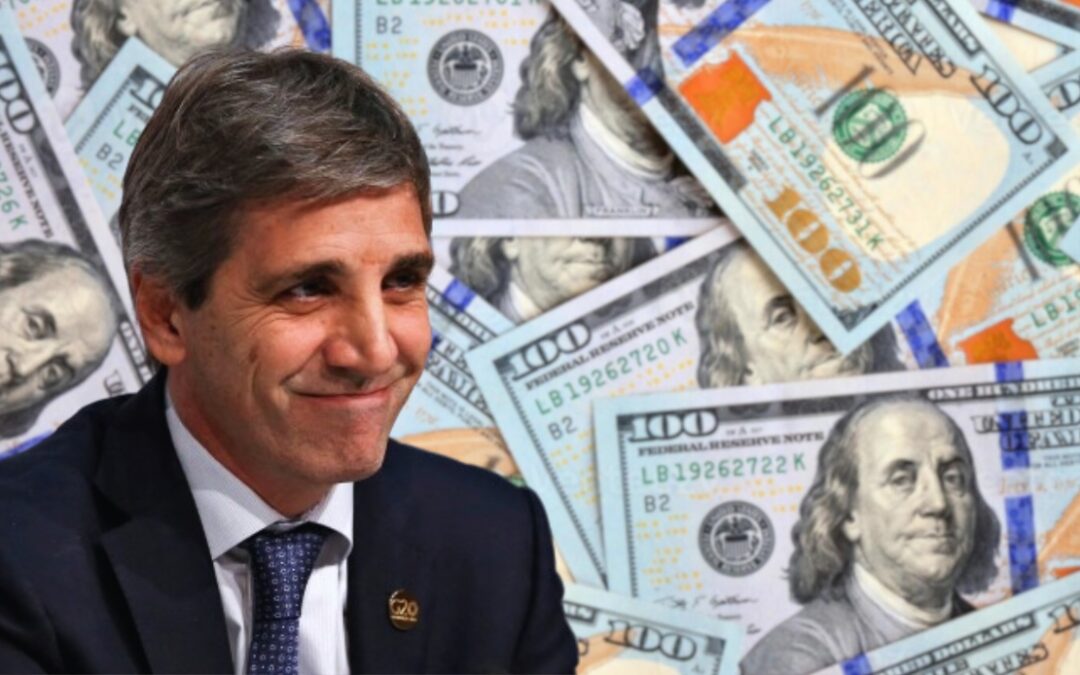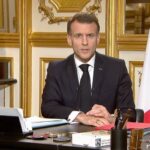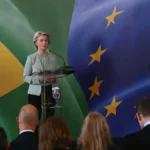
Access ChatPTS here.
The carry trade (or financial bike) is a financial strategy that involves borrowing in a currency with a low interest rate and then investing that money in a currency with a higher interest rate. This practice is common among investors seeking to benefit from differences in interest rates between different countries. However, from the perspective of La Izquierda Diario and the PTS, the carry trade is seen as looting for several reasons.
First of all, The carry trade encourages financial speculation and capital flight. Financial speculators take advantage of differences in interest rates to make quick profits, which can destabilize local economies. In the case of Argentina, this practice has been facilitated in the recent past by economic policies that allowed the free movement of capital, resulting in a massive flight of foreign currency from the country. This not only affected economic stability, but also limited the country’s ability to invest in internal development and meet the needs of its population.
Furthermore, the carry trade is part of a global financial system that benefits large capital and banks at the expense of weaker economies. This entire cycle increases external debt and perpetuates a cycle of dependence and plunder by imperialist powers and large international capital.
Finally, the carry trade is seen as a mechanism that contributes to the transfer of wealth from poorer countries to richer ones. This transfer is done through speculation and manipulation of financial markets, resulting in an erosion of value and capital of dependent economies. Ultimately, this reinforces the accumulation dynamics of central economies at the expense of peripheral economies.
Cross-question: Why did the financial cycle end in crisis during the management of Macri and Luis Caputo?
The financial bicycle crisis during the management of Mauricio Macri and Luis Caputo was due to several interrelated factors that led to a collapse of the economic model based on debt and financial speculation.
1. Excessive Debt: Since the beginning of its administration, Macri’s government, with Caputo leading the negotiations, embarked on a cycle of high debt. They issued long-term bonds, even 100 years, and paid significant sums to vulture funds to return to international markets. This massive borrowing increased the debt by $111 billion in four years, which was unsustainable in the long term.
2. Financial Liberalization Policy: Macri’s administration eliminated restrictions on the entry and exit of capital, which facilitated the flight of currency. This liberalization allowed the entry of speculative capital that benefited from the high interest rates offered by instruments such as Lebacs, Leliqs and Letes, creating a “financial bicycle” that attracted short-term investments but was not sustainable.
3. Increase in Interest Rates in the US: In late 2017, the United States began raising its interest rates, prompting an outflow of capital from emerging markets, including Argentina. This destabilized the flow of capital that supported the financial cycle and increased pressure on the Argentine peso.
4. Exchange Rates and Devaluation: In 2018, currency runs led to a devaluation of more than 100% of the Argentine peso. This highlighted the contradictions of Cambiemos’ economic model, which depended on the continuous entry of speculative capital to sustain itself.
5. IMF intervention: Faced with the crisis, Macri’s government turned to the International Monetary Fund (IMF) to obtain financing, which involved the implementation of adjustment policies that aggravated the country’s economic and social situation.
In summary, the financial cycle crisis during the Macri and Caputo government was the result of an economic model based on excessive debt, financial liberalization and speculation, which became unsustainable in the face of changes in the international context and the lack of confidence in the Argentine economy.
****
And you, what would you ask ChatPTS? Go here and ask your questions. You can also investigate thousands of other topics of history, theory or politics.
Source: www.laizquierdadiario.com

